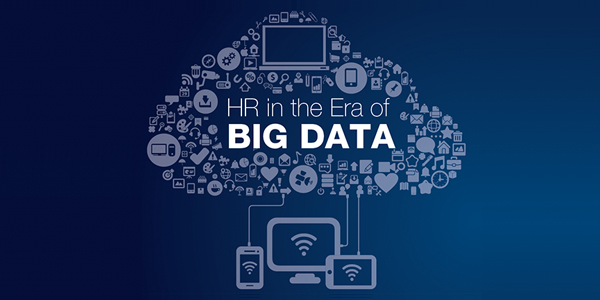
Vice President, People and Culture, IBM Greater China Group has been working at IBM for the past 19 years. He originally started his HR career at an IBM service centre in Portsmouth, UK, after various roles in business and technical leadership. Since then, he has risen through the HR ranks, moving through many different regions to his current role as the vice president of HR for the APAC region.
Since taking the role as VP of HR, Gallo has highlighted how critical data is to HR, but also believes that “the best HR ideas come from outside HR. Employees come up with the best ideas that can be implemented internally.” This means transforming traditional HR into something which encompasses skills from all departments to perfect the HR experience itself. Using data, IBM has saved around USD 20 million by proactively approaching employee retention and nipping HR problems in the bud. This is done by actively predicting who is going to leave and then investing money and time into those employees so they instead have an overall positive experience.
Winds of change
Moving from being only a hardware manufacturer into the integrated services sector has brought with it a fair amount of challenges. This is especially true of external factors—there are so many more competitors than previously. Gallo offers the example of Alibaba. Whereas previously they only played the role of an online marketplace for buyers and sellers, now they have even moved into banking. Many businesses are diversifying and are offering more than ever before. This presents the challenge to IBM of having to innovate constantly, or be left behind.
Who are the people to drive that innovation? The staff. “The expectations of people have changed. We are now customising the HR experience. Talent expects a tailor-made and customisable experience.” He cites that 50% of the work force is already comprised of millennials and this is only going to grow—and the traditional HR approach will not cut it with them.
HR and AI
Gallo has applied data and analytics to invigorate the work force, “Data is becoming the new natural resource.” IBM has responded to that by producing their own form of AI, named Watson. Their website describes it as, “A technology platform that uses natural language processing and machine learning to reveal insights from large amounts of unstructured data.” Watson is a tool used by HR to absorb as much information as possible and then make analyses. It collects data from internal and external communications made with employees and identifies key issues. All this data is collected only after staff member give permission to do so, however. “Finding a balance between confidentiality and what needs to be out in the open. An open dialogue is encouraged because it means problems are identified and corrected earlier.” Gallo continued, “It lets the staff know that the company is actually listening to their concerns and the employees like it.”
Talent not AI
AI will not replace people, but rather Big Data will improve the employee experience. Gallo views the development of AI as a positive thing, not a tool to replace real people but to allow staff to focus on learning and customer service. The repetitive tasks can be automated instead. He stated, “Analytics can help us make better decisions but they won’t replace people. Instead you can focus on the fun parts. The lower end work will be replaced by computers, applying solutions enabled by technology. The jobs will transform and there will be more skill requirements.
Changes in learning
Recently IBM has launched their learning portal, Your Learning. Watson uses the data and analytics gathered to then offer you resources that would be best suited to your personality. It is a customised experience for each individual. By offering the right information and learning it allows flexibility for the staff to learn how they want and when they want. The key thing being that this experience also offers what would be most beneficial to you as a person, by predicting what you might excel in and then honing that rather than pushing skills onto a person that they will not necessarily need, use or be particularly good at. Gallo also highlighted that gamification has been a fantastic way of driving engagement with staff. One idea is gaining currency for completing learning that can be exchanged—for example BluePoints, an internal programme that gives points to employees to redeem for awards.
Embrace new challenges
Gallo offered some advice to other HR leaders who have to steer the ship through change, “Embrace new challenges and be more proactive, don’t sit back and be like traditional HR. Embrace it and see what you can do with it. Technology can allow better decision-making and can help with organisational culture transformation. HR has to engage the millennial generation, which is only going to get bigger.”






